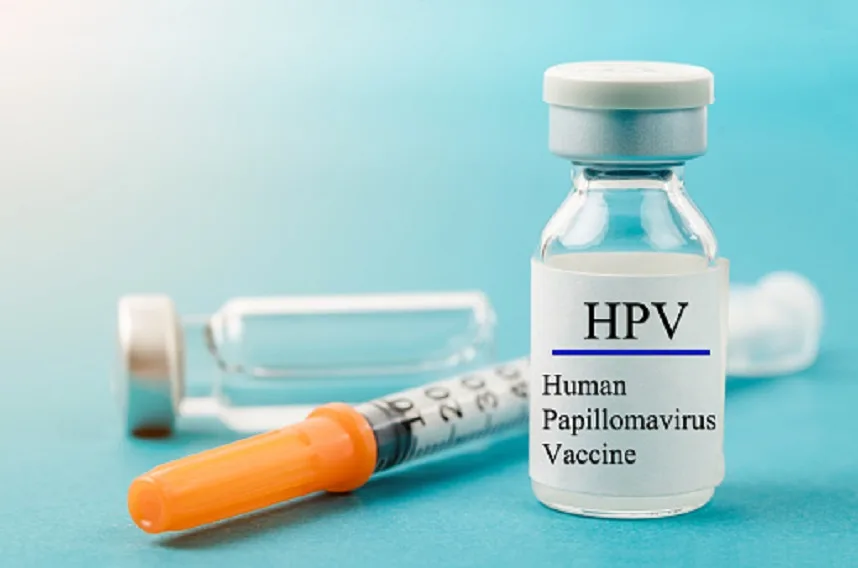Pakistan is set to roll out the Human Papillomavirus (HPV) vaccine this September, targeting girls aged 9 to 11 in a nationwide effort to combat cervical cancer—the second most common cancer among women aged 15 to 44 in the country.
The initiative, supported by the Gates Foundation, aims to provide lifelong protection with a single dose of the vaccine. With over 73.8 million women at risk, the campaign is a critical step toward reducing cervical cancer cases in Pakistan, where screening remains limited and prevention is the most effective strategy.
Dr. Anita Zaidi, President of the Gender Equality Division at the Gates Foundation, emphasized the importance of early vaccination, especially in countries where access to routine cancer screening is scarce. She noted that the campaign will begin with younger girls and may later expand to older age groups.
This effort is part of a broader global commitment by the Gates Foundation to invest $2.5 billion by 2030 in women’s health innovations, particularly in low- and middle-income countries. The foundation is backing 40 new medical technologies, including discreet contraceptive options and AI-based maternal health solutions developed in collaboration with Pakistani institutions like Aga Khan University and LUMS.
Bill Gates highlighted the economic and social impact of investing in women’s health, stating that every $1 invested yields $3 in economic growth, and closing the gender health gap could add $1 trillion to the global economy annually by 2040.
With cervical cancer claiming lives every day, Pakistan’s HPV vaccine launch marks a pivotal moment in public health—empowering girls with protection and paving the way for a healthier future.




+ There are no comments
Add yours